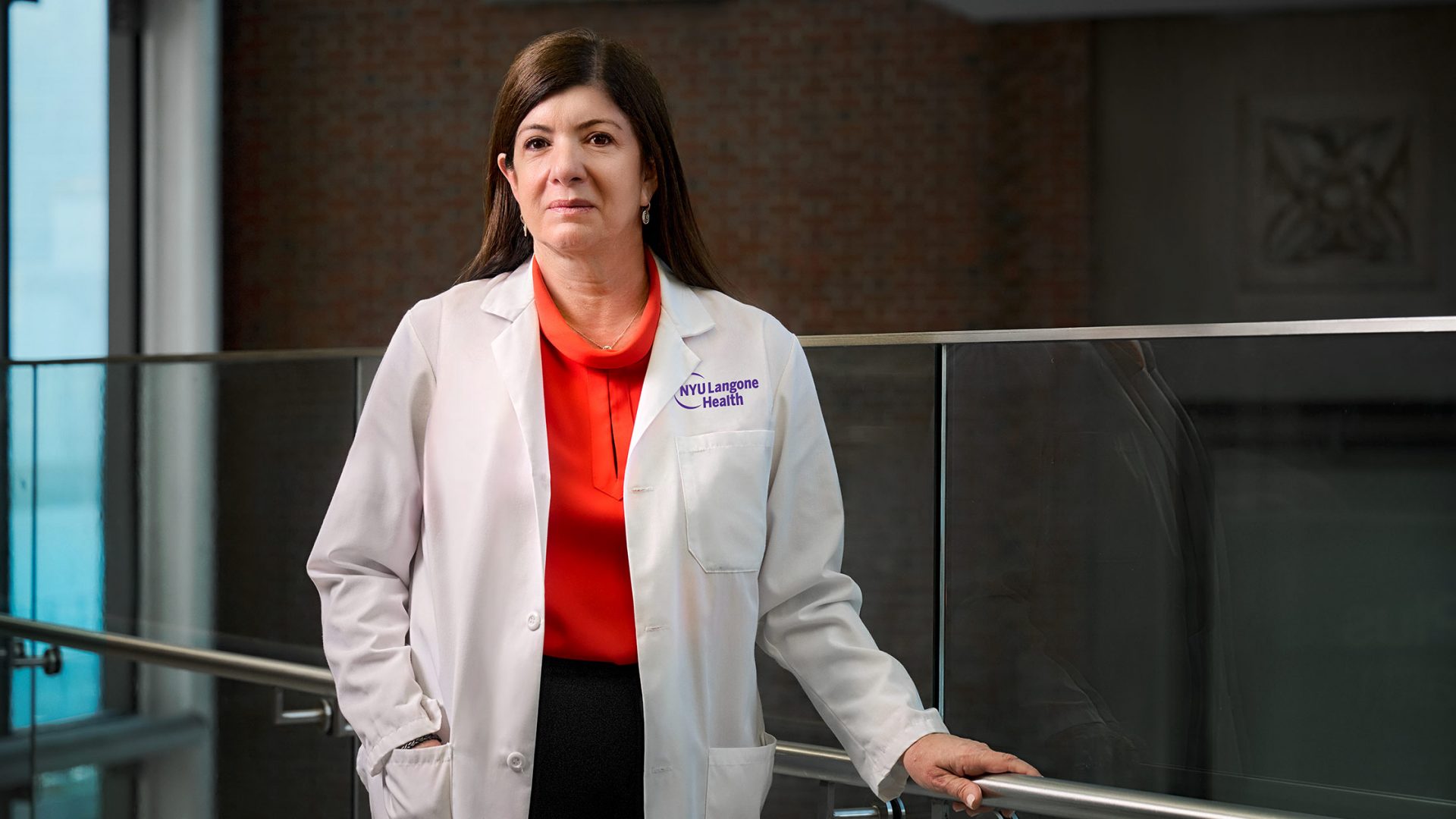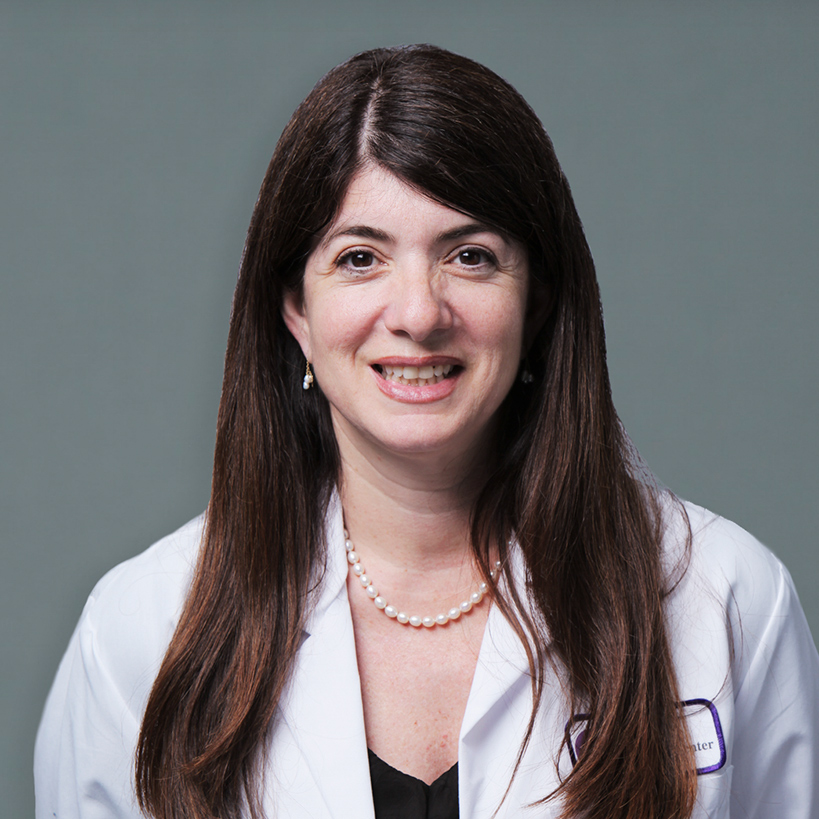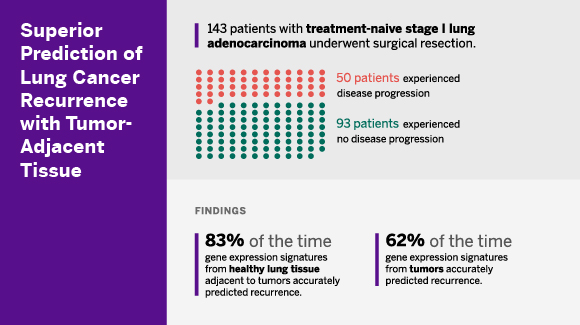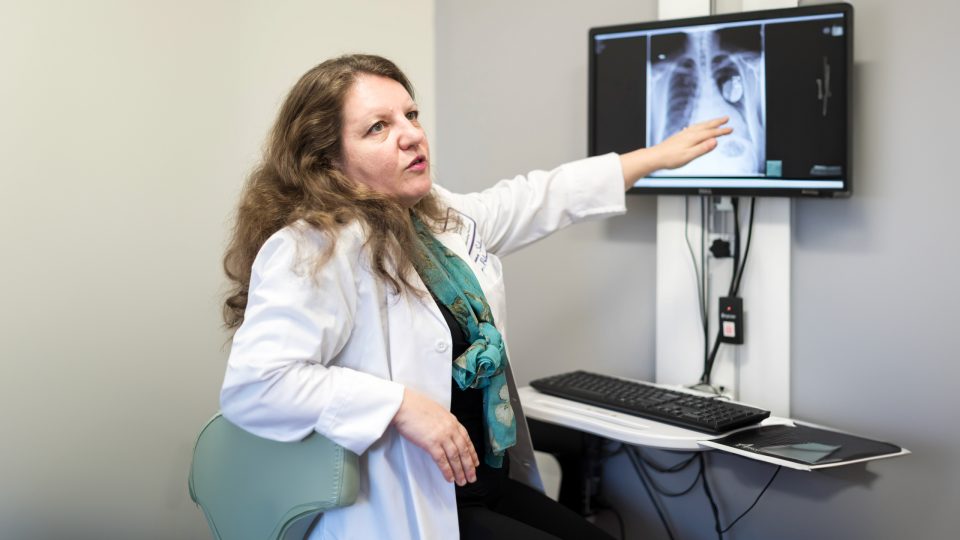Doreen J. Addrizzo-Harris, MD, is a pulmonary and critical care physician with an extensive background in bronchiectasis and nontuberculous mycobacterial (NTM) infection. In January 2023, Dr. Addrizzo-Harris became president of the American College of Chest Physicians (CHEST). Additionally, in July 2023, NYU Langone Health, a leading center in the study and treatment of bronchiectasis and NTM lung disease, will host the 6th World Bronchiectasis and NTM Conference.
Physician Focus recently spoke with Dr. Addrizzo-Harris about what she hopes to accomplish during her presidency of CHEST and her vision for the future of the subspecialty.
An Inclusive Community
Physician Focus: As president of CHEST, can you share some of your goals and vision for the organization?
Dr. Addrizzo-Harris: CHEST is focused on improving clinical care in pulmonary, critical care, and sleep medicine. We are already an organization that is inclusive of a variety of healthcare providers, but we can do more.
We want to expand our membership to other providers who help care for our patients, including advanced practice providers, respiratory therapists, and others. We will also focus on increasing collaborations with sister societies to find new ways to reach fellows-in-training, as well as residents and medical students who are interested in pulmonary, critical care, or sleep medicine.
The Role of Education and Mentoring
Physician Focus: How do you view the current state of education and mentoring within CHEST?
Dr. Addrizzo-Harris: CHEST does medical education really well, from problem-based training at our conference, to train-the-trainer events, to educational opportunities at headquarters. But the thing we do best is provide opportunities for networking and learning from the experts—not only about the subspecialty, but how to create your most robust career.
“The goal is to enhance communications between trainees and key thought leaders in a way that is simple, seamless, and welcoming.”
Doreen J. Addrizzo-Harris, MD
An expanded offering, particularly in the area of professional and career development, could reach even more fellows and early-career members on both a national and an international level. The goal is to enhance communications between trainees and key thought leaders in a way that is simple, seamless, and welcoming.
Addressing Healthcare Disparities
Physician Focus: As an organization focused on clinical care, what types of patient health initiatives does CHEST engage in? How will you support these efforts?
Dr. Addrizzo-Harris: Access to care is a critical issue, especially in pulmonary medicine. Our Health Policy and Advocacy Committee does incredible work with thought leaders in the field to advocate for legislative changes that need to be made at both the national and local levels.
I have a strong passion for the work of the CHEST Foundation, which for 25 years has been creating premier patient education tools, tackling health disparities in marginalized communities, awarding community grants, and partnering with physicians to offer better resources to patients.
Throughout my presidency I will focus on how CHEST can support and integrate with the foundation’s goal of improving patient care, whether through supporting clinical research grants, expanding patient education and advocacy events, or funding programs like First 5 Minutes, designed to strengthen the rapport and trust between clinician and patient by building cultural competency and an understanding of barriers to care.
Meeting Challenges Head-On
Physician Focus: What are some challenges facing CHEST, and how will you address these challenges?
Dr. Addrizzo-Harris: COVID-19 has shown us that we must be better prepared for global health emergencies. Early in the pandemic, CHEST established a large task force to address post-COVID care issues, and we will continue to evolve this effort as the pandemic evolves or other emergencies arise.
All specialties, including pulmonology and critical care, have lost specialists post-COVID. For instance, rural access to specialist care is decreasing. How does telehealth feed into that? And how do we attract more medical students and trainees to pulmonary medicine? Within critical care, we did see some people leave, but now we’re seeing an increase in applications for fellowships.
A challenge for all associations, CHEST included, will be redefining what associations look like now that virtual and hybrid learning has become a part of what we do on a day-to-day basis. How can we best utilize a hybrid or virtual collaboration and live events?
Physician Focus: Any closing thoughts?
Dr. Addrizzo-Harris: CHEST has many strengths, but I think our greatest is the strength of our team—our members, our faculty, our volunteer leaders, and our staff. To build on this, my presidency will include a strong communications strategy to reach, educate, and share the variety of opportunities with our members.






